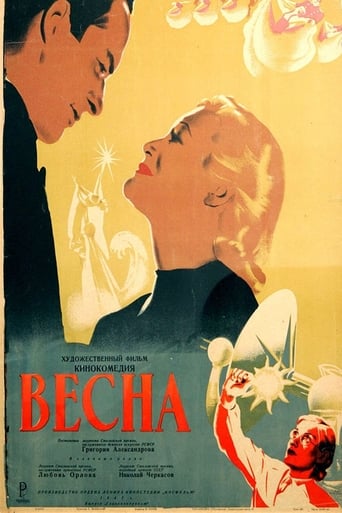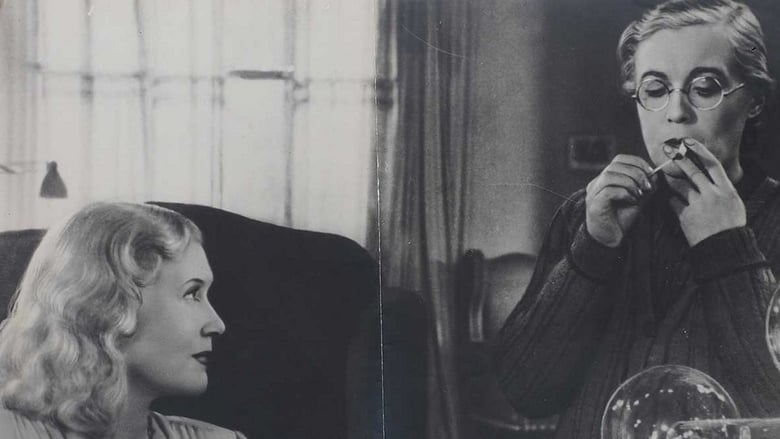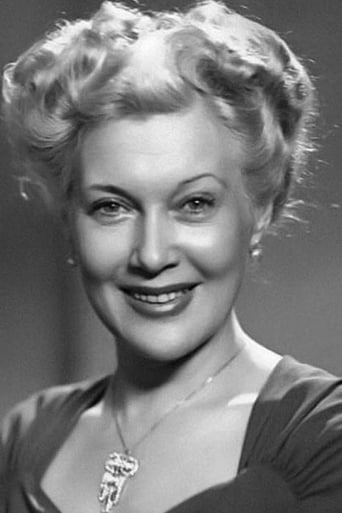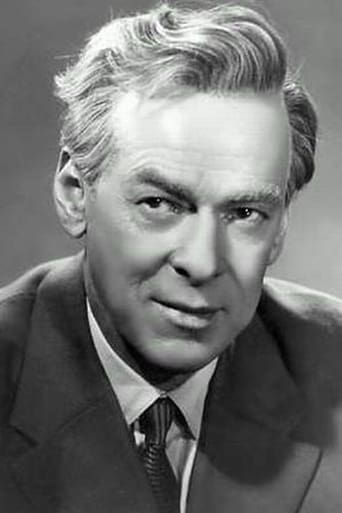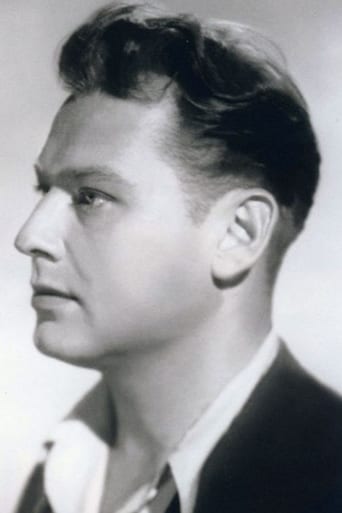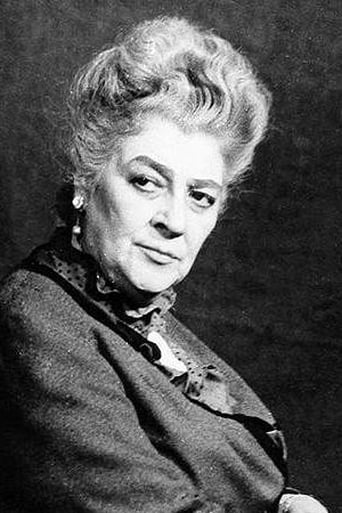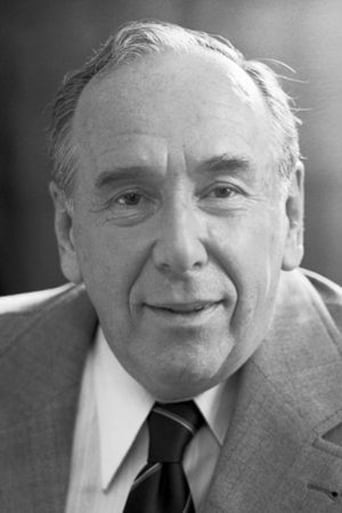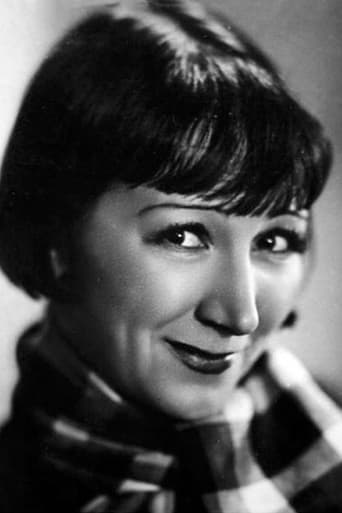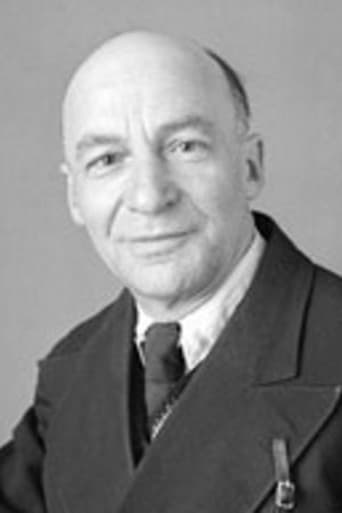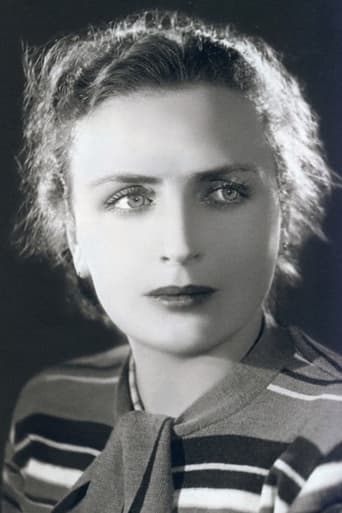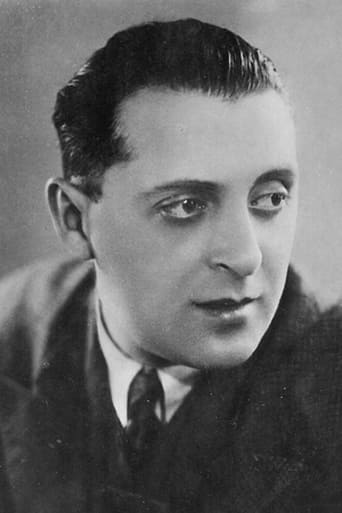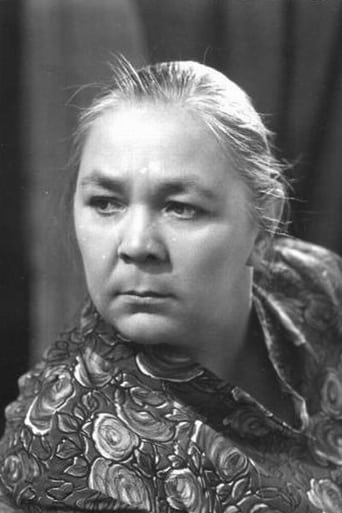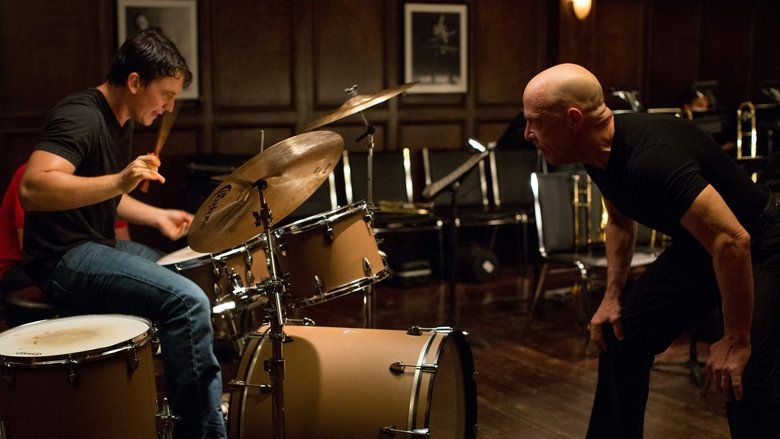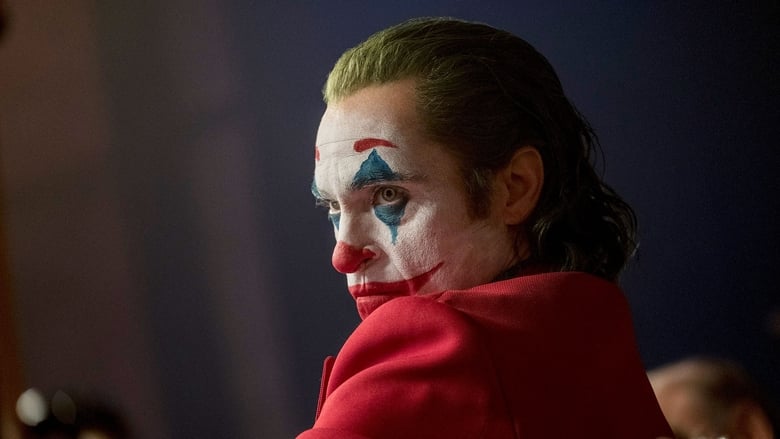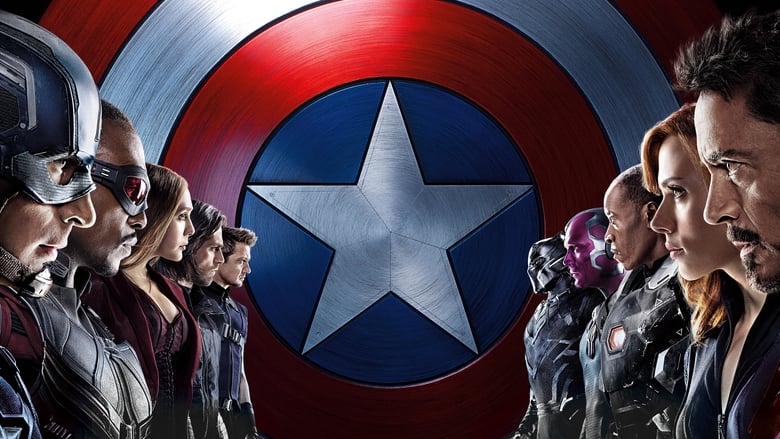A drab woman scientist, working on machine to harness solar energy, and a pert concert singer look-alike being courted to play her in a movie swap identities and find personal growth, professional success, love, and happiness.


Similar titles
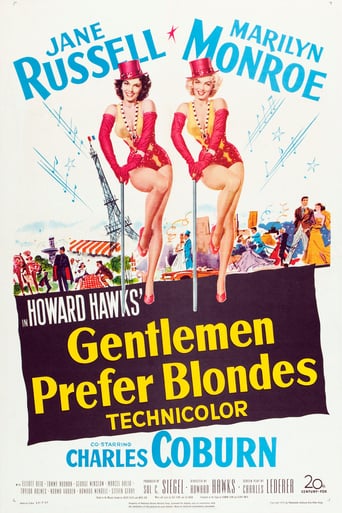
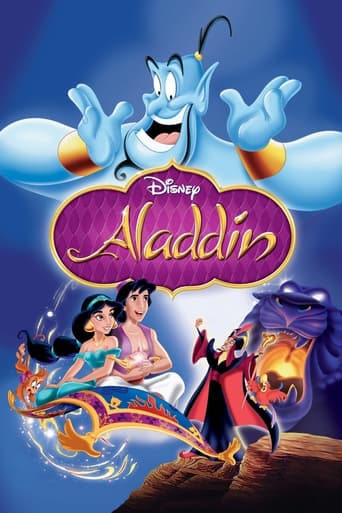

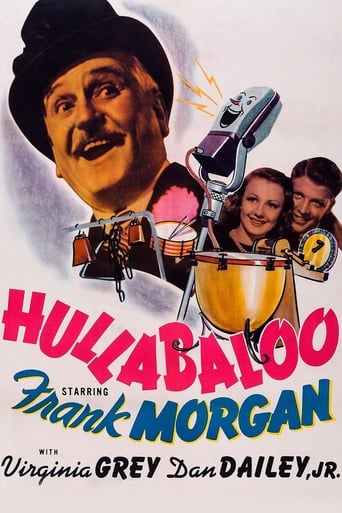
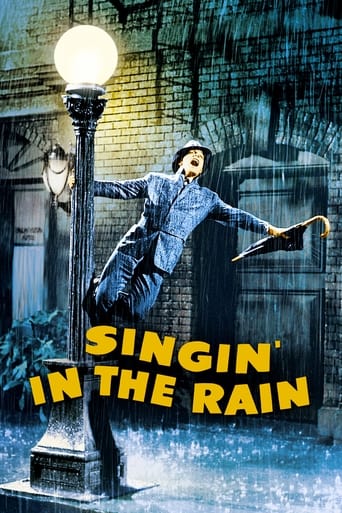
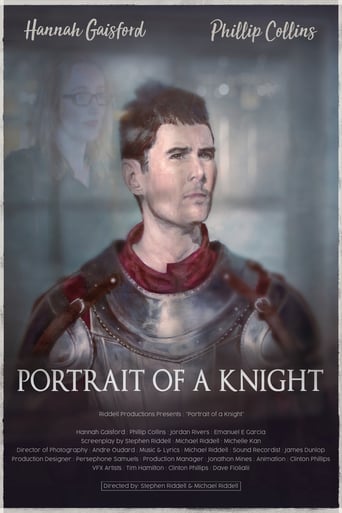
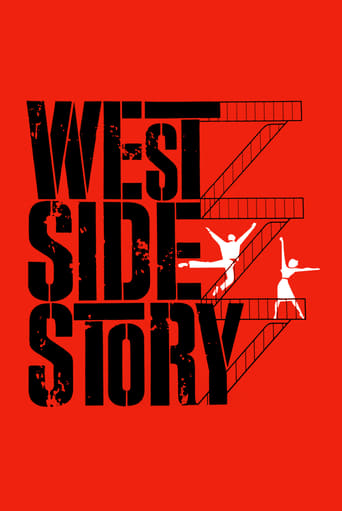
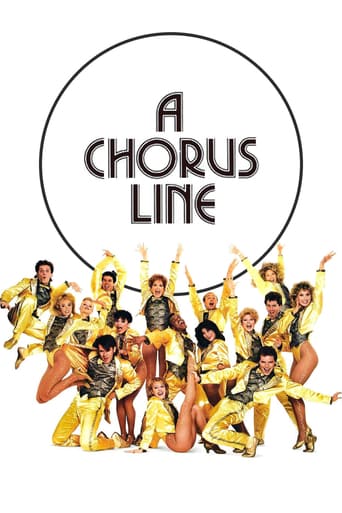
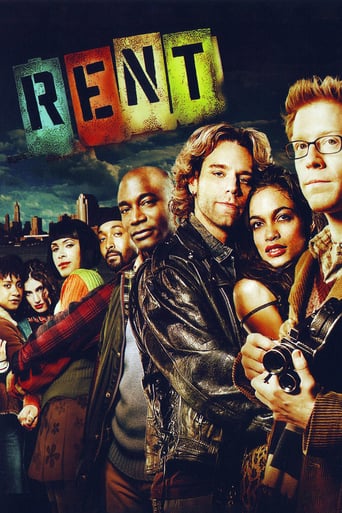
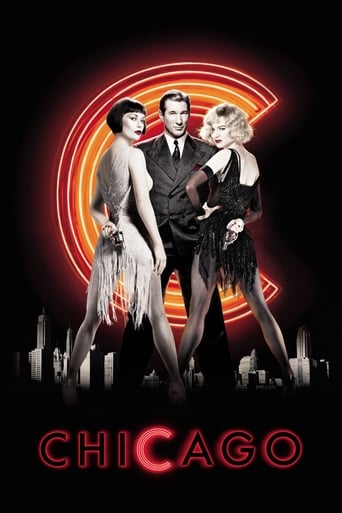
Reviews
This little known Soviet comedy from 1947, directed by Grigori Alexandrov, has a very interesting idea. Lyubov Orlova (one of the great Soviet female stars in the 1930s and 1940s) plays two roles here: she is a nationally celebrated but humorless scientist studying the use of solar power, and she is also a perky upcoming actress. A director (played by Nikolai Cherkassov, who played Alexander Nevsky and Ivan the Terrible in Sergei Eisenstein's films) wants to make a movie about the scientist's life. She initially refuses all help to the filmmakers so the director puts an ad in a newspaper to find a look alike actress to play the scientist. Eventually, the actress and the scientist get to meet (obviously their scenes together were made with split screens and other tricks). As they will get to know each other, and even switch roles, the actress will gain self confidence in herself, and the scientist will get to embrace her femininity and even find a place for love in her life.The movie loses some momentum towards the end, but is a very fresh film, and it looks very modern considering is nearly 70 years old. Some aspects of the movie seem questionable, though. For example, was Moscow, just two years after the end of World War II, as prosperous a city as this film shows? Probably not. And from this movie, one could be forgiven to think that Stalinist Russia was a very fun place and era to live.
It is always funny to hear from somebody who has no idea what they are talking about :) Actually, high-rank scientists, administrators ( those who are called CEO now), actors/directors lived exactly like the heroine of this movie in 1947 Moscow. Stalin's famous quite - "personnel is the key to everything" was not just worthless slogan - Stalin DID pay his "personnel" enormous salaries that let them buy car, hire personal drivers and live-in maids - and built all those luxury apartment buildings in Moscow - with marble, granite, etc. as a matter of fact, Alekdandrov and Orlova themselves lived a life like those - plus had a right to go abroad almost every time they want!But what i wanted to say about this movie - besides brilliant music of Dunaevsky, this one also presents wonderful acting by such masters of episode as Ranevskaya, Martinson, Rina Zelenaya ( just her "nobody wear such lips now, here, "sex-appeal #5", they will suit you better" is a masterpiece itself:). So, don't lose a chance to see this one!
Can you imagine a Stalin-era musical shot in 1947 in which Muscovites own cars and telephones (which *work*!) and single lady scientists live in large apartments with their own housekeeper? Oh well, Hollywood didn't exactly show how real people lived in New York either."Vesna" (Spring) is a cross between "Ninotchka" (mannish Soviet career woman discovers silliness and sophistication) and "The Prince and the Pauper" - Shatrova, the singer-actress, exchanges roles with Nikitina, the renowned scientist whom she's supposed to portray in a lightweight movie, and each woman (both played by Lyubov Orlova, a real Soviet film star who's not especially glamorous but plenty talented) finds love in the other's universe.None of this is very serious, but spotting the differences between this and similar formulaic Hollywood romantic comedies of the same era is half the fun. The make-up scene, in which Nikitina's thick spectacles are discarded, eyebrows plucked, lips made up, etc., by the movie-in-the-movie's makeup department, is the exact parallel, in a slightly provincial way, of a hundred such Hollywood scenes.The film-making process (shot on location in Moscow's studios) is another world altogether: Mukhin, the saturnine and *very* seductive director, is the Stanislavski-like uncontested master of the set, expected to rule on form and content alike, giving an actor playing Gogol the right scansion for one of the writer's poems, or requesting imperiously the studio's source material on "love." (Huge leather-bound books of poetry and literature - take *that*, Louis B. Mayer!) No producer in sight (the director assumes part of those tasks); but the sound stage is cleared mid-afternoon when another film is scheduled to be shot for a few hours there: there's a charmingly academic style to this State-run view of film production.The musical numbers are a hodgepodge to anyone used to ruthlessly calibrated Broadway-goes-Hollywood musicals; but the talent is no less than the Bolshoi ballet blending operetta with the real thing. Orlova sings like a dream and tap-dances alone à la Eleanor Parker; the camera tries (and doesn't quite succeed) for a Busby Berkeley effect; but the scene that stays in one's memory is the most Russian one: academics and scientists gathered round the piano during an improbably glamorous evening, singing together.In the West, a romantic comedy like "Vesna" would belong to an earlier, pre-war era (Nikitina's monumental lab is true Art-Déco): by 1948, when it was released, Gene Kelly was dancing in the streets of New York on Leonard Bernstein's glorious score for "On The Town", changing the face of musicals. Still, it has a lot of charm, not least to show us a glimpse of what was expected to make Soviet viewers dream. See it if you can.
